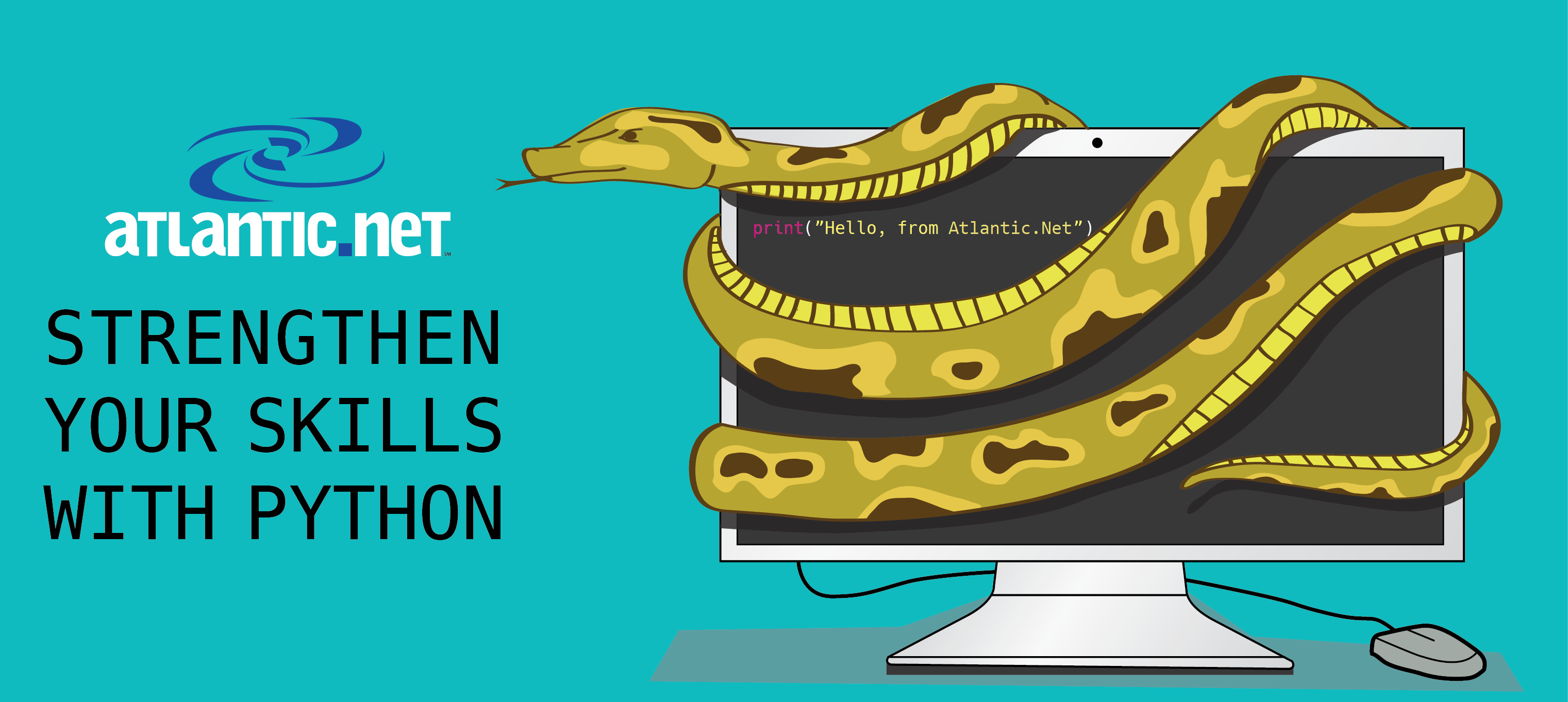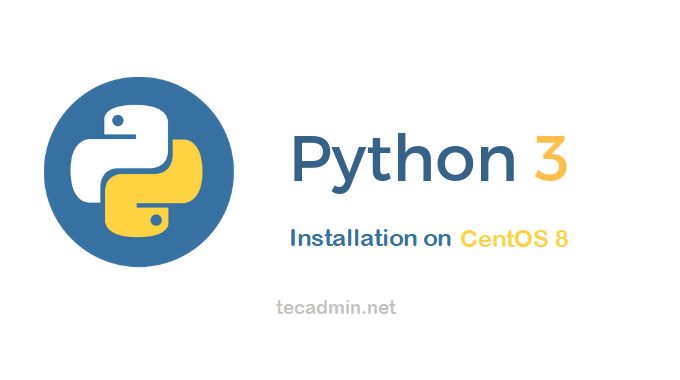

- #Installing pyton 2.7.9 on centos how to#
- #Installing pyton 2.7.9 on centos install#
- #Installing pyton 2.7.9 on centos update#
- #Installing pyton 2.7.9 on centos manual#
Will set the python3.5 alternative with a priority of 60.Īnd by default, the python 3.5 becomes the default python executable for the python command. Will set the python2 alternative with a priority of 50, and update-alternatives -install /usr/bin/python python /usr/bin/python3.5 60 using the above answer as an example, update-alternatives -install /usr/bin/python python /usr/bin/python2 50 Implicitly saying that the alternative with the highest priority will be the default alternative should no alternative have been set manually.
#Installing pyton 2.7.9 on centos install#
When using the install param with update-alternatives, you can set the priority in auto mode. Will like to complement answer( Unforunately, can't comment else I would have).
#Installing pyton 2.7.9 on centos how to#
Here is a link to a very good and simple explanation of the alternatives command.Īs the question goes, Linux CentOS 7, how to set Python3.5.2 as default Python version? I see it with a great majority of people which i introduce to the concept. Also, there is a good chance that some will correct bad/unusual practices currently in use on their machines. Check the latest version installed of python using below command. configure -enable-optimizations make altinstall make altinstall is used to prevent replacing the default python binary file /usr/bin/python.

The remainder of this section details the structure and functionality of the python API. Now run the following commands to compile Python 2.7 and install on your system using altinstall. The API is similar to both the C++ and Reflex API’s, with a few significant differences. It is strongly suggested that you read/learn more about the alternatives command in order to understand how it can help you better manage and use your system. The BrainStem python package allows you to interact with a collection of BrainStem modules from python.
#Installing pyton 2.7.9 on centos manual#
The last command will ask you to choose between registered/installed alternatives.Īs always, well most of the time anyways, you can check out the manual ( linux man pages) using this simple command man alternativesĪltho this answer refers to/make use of specific Python versions, the alternatives command, it's concepts and uses remain the same regardless of version numbers. Here’s the way to setup Python 3 and pip3 on CentOS environment. I would suggest using alternatives instead.Īs super-user ( root) run the following: # Start by registering python2 as an alternativeĪlternatives -install /usr/bin/python python /usr/bin/python2 50Īlternatives -install /usr/bin/python python /usr/bin/python3.5 60 CentOS 7 still have Python 2.7 as the default tool. You could just add an alias into your /home/.bashrcwith this command: alias python="/usr/bin/python3.5"Īnd if this does not work either you should just use virtual env. # Install setuptools using the Python 2.7.8:Īnd finally virtualenv pip2.7 install virtualenvĪnd that's all, we have Python 2.7.8 installed on CentOS.If this sudo ln -fs /usr/bin/python3.5 /usr/bin/python Install setuptools wget -no-check-certificate Now we have Python installed, but something is missing isn't? Yes! We need pip and virtualenv. If you need set PATH variable check the line below: export PATH="/usr/local/bin:$PATH" Since we already installed all the dependencies we are ready to go: # Enter the directory:
#Installing pyton 2.7.9 on centos update#
Update CentOS and install development tools yum -y updateĪlso you need the packages below to enable SSL, bz2, zlib for Python and some utils: yum install -y zlib-devel bzip2-devel openssl-devel xz-libs wget

Installing Python 2.7.8 on CentOS 6.5 16 January 2014 on Linux, Python, CentOSĬentOS 6.5 still come with Python 2.6 and I need 2.7, below a simple tutorial how to achieve this with no pain and not messing with installed Python.


 0 kommentar(er)
0 kommentar(er)
